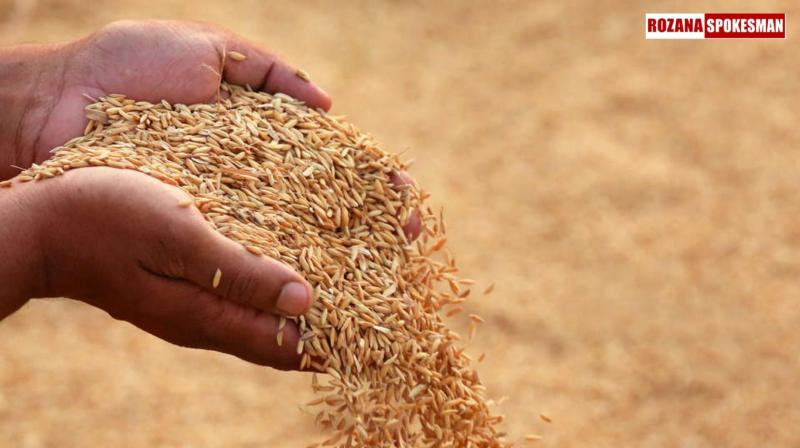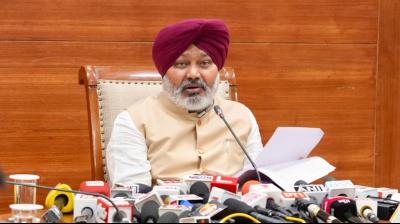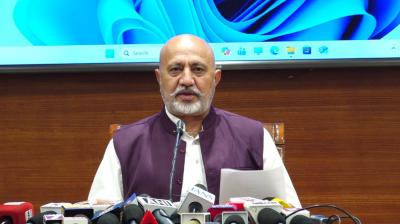
Stubble-burning incidents have decreased this season, a trend that officials hope to maintain through regular paddy procurement.
The three-week standoff between farmers and the government in Punjab over paddy procurement and transportation from local markets has finally reached a resolution, bringing relief across the state. The protest had caused repeated highway blockades and disrupted train services. Farmer groups defended their actions, stating it was the only way to draw government attention to pressing procurement issues. Meanwhile, the Punjab government under the Aam Aadmi Party (AAP) and the NDA government at the Center exchanged blame over the procurement delays, creating unease for both farmers and the public.
To resolve the standoff, Union Minister for Food and Consumer Affairs, Prahlad Joshi, affirmed the Center’s commitment to procure all paddy from Punjab’s markets and announced that the necessary arrangements had been made. Punjab’s Chief Minister Bhagwant Mann, along with other ministers, also pledged to expedite the procurement process, addressing additional demands from farmer organizations in their efforts to clear the roads.
Experts suggest that smarter, proactive planning could have avoided this crisis altogether, especially given the state’s long-standing history of government procurement for wheat and paddy. Comparatively, under previous administrations, such large-scale disruptions were avoided. During Captain Amarinder Singh's Congress-led government, early procurement preparations reportedly prevented similar unrest, with cooperation between state and central governments on the process.
The delays in this year’s procurement impacted both crop harvesting and the sowing of upcoming crops, with harvests in some areas pushed back by up to 15 days, which may also delay wheat sowing. Fortunately, stubble-burning incidents have decreased this season, a trend that officials hope to maintain through regular paddy procurement.
In the coming days, both the Mann-led state government and the Modi-led central government face scrutiny to fulfill their commitments to the farming community. Their efforts to maintain a streamlined procurement process will be essential for the timely sowing of wheat and other winter crops, as well as for the overall agricultural stability of the region.














